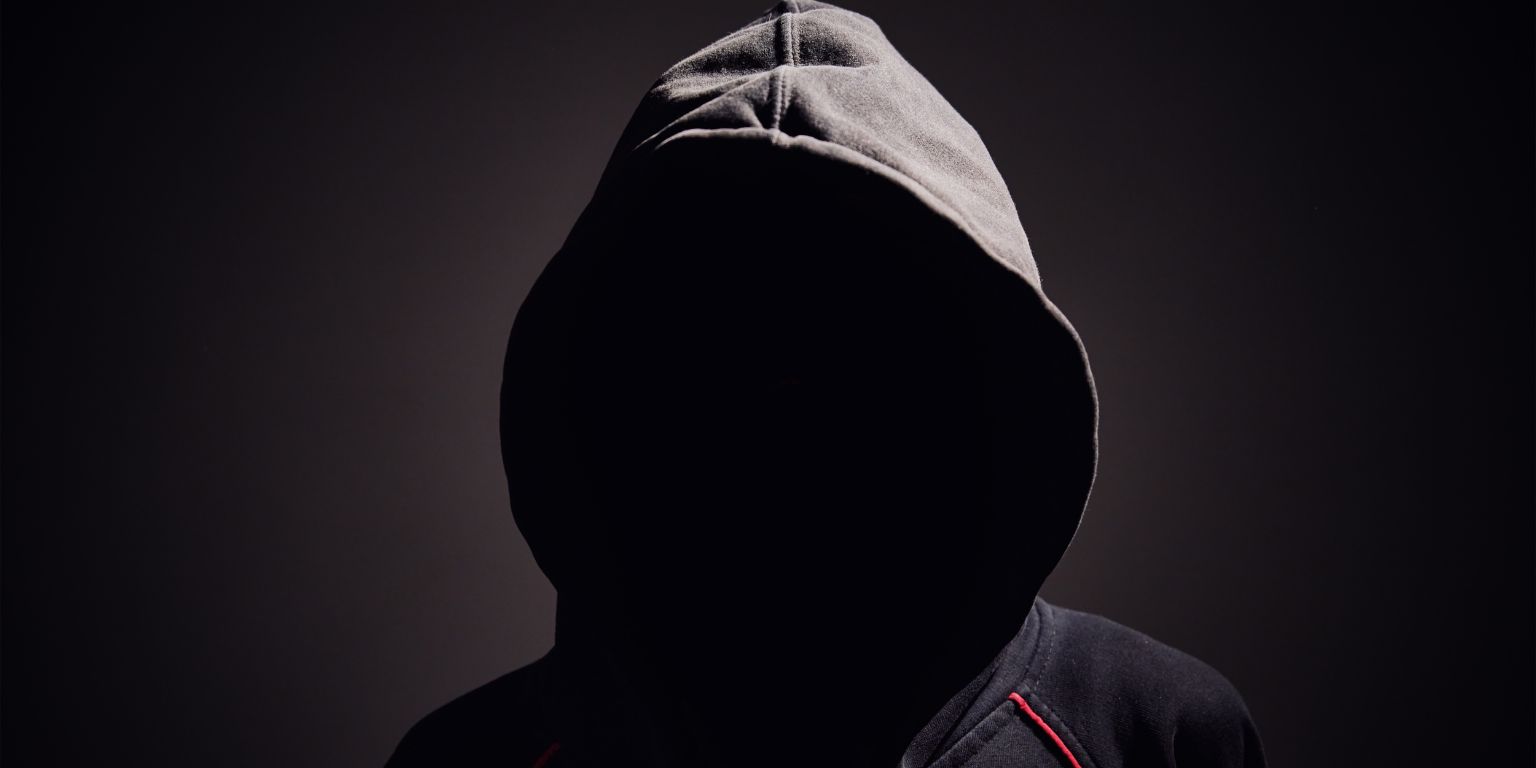
20 Jan How To Protect Your Content From Piracy
Posted
in Tips 'n' Tricks
As I have written about previously, pornography is one of the most stolen types of digital content, accounting for 35.8% of total content taken by online pirates. If you are an adult model, you will inevitably be thinking about ways to protect your content and mitigate the cost of having it stolen. In the piece, I will share practical tips for protecting your content, how to issue DMCA takedown notices and what to expect if you decide to work with a DMCA takedown company.
PRACTICAL TIPS FOR PROTECTING YOUR CONTENT
Protecting your content from being stolen and pirated starts when you create it. Putting your own watermark onto your content is an important first step. Content that is watermarked is less likely to be shared and disseminated widely due to the fact that it is clear who owns the piece of content. Think about ways to watermark your content, which makes it difficult to be edited out by content thieves. You will see some people put a semi-transparent watermark over the skin or a watermark across the centre of the content to deter people from sharing it without permission.
Although a watermark may not deter would-be thieves, it ensures that if your content is shared without your consent, your name is still tied to it. So, if someone sees it and wants to know who the model is, they can work it out relatively quickly.
When it comes to the content and style of your watermark, that is totally up to you. However, keep in mind the points about making it hard to edit out and being legible so someone can read it and find you if they want to. Finally, it is important to remember the terms of service of the sites you share your content to; some do not like you advertising other sites, and some do not like you using your website address. Your stage/performer name is always a safe option for the long term.
my content has been stolen! how to issue dmca takedown notices
Every site in which users can upload content will have a DMCA policy. I have previously written about DMCA, what it applies to and its limitations. If you scroll to the bottom of sites, a link to their DMCA policy can usually be found (with things like site Terms and Conditions and Privacy Notices). These policies will include how to report copyright infringement and file DMCA notices. To help protect creators, lots of sites now use digital fingerprinting on uploaded content so that if it is stolen, its origin can be verified. Stolen content can be reported to the site the content has been uploaded to, and to the site you believe the content has been stolen from. Sites which profit from user-uploaded content (so all the clip sites and fansites) have a vested interest in protecting your content, which means they have sophisticated systems to do just this. Sites will issue DMCA takedown notices on your behalf or will work in ways to limit the dissemination of your content (such as breaking links within internet search engines).
Although monitoring the internet for your stolen content and issuing takedown notices is something you can do yourself, you will find that this could turn into your full-time job. DMCA was developed after people realised that sharing digital versions of work was incredibly easy and specific legislation would be required to enforce copyright law in this environment. Simply saying something is copyrighted and cannot be used is not enough. It is horrifying to search for your content online and find thousands of pieces that have been stolen. As this is a frequent experience for those working in the adult content industry, it has encouraged the development of businesses that are experts in this niche.
WHAT TO EXPECT WHEN WORKING WITH DMCA TAKEDOWN COMPANIES
DMCA takedown companies have the resources and knowledge to find content that has been stolen and issue notices to those sites. They are also able to engage technology to break links to stolen content so that it cannot be found as easily. These companies will require information about all the sites your content should be on so that they can work out what has been stolen. They will usually provide detailed information about what content they have found, where they can issue takedown notices and actions they have taken to protect your content. These can be quite costly services, and you will need to invest in them for an extended period to see results. You will need to work out if the cost of investing in the expertise of these companies will benefit you in the long term. Having a company run an audit on your content online may be a good first start, just so you can see the extent to which your content has been pirated and where from. That can help you decide if working with a DMCA takedown firm will be positive and beneficial for your business overall.
Rem Sequence is an Australian adult content creator, blogger, and internationally published alt model. She has a background in psychology, philosophy and political science and worked in health and sex education, youth work and trauma counselling for almost two decades. Now, she works full time in the adult industry, as well as indulging her passion for arts, writing and music in numerous side projects.
As I have written about previously, pornography is one of the most stolen types of digital content, accounting for 35.8% of total content taken by online pirates. If you are an adult model, you will inevitably be thinking about ways to protect your content and mitigate the cost of having it stolen. In the piece, I will share practical tips for protecting your content, how to issue DMCA takedown notices and what to expect if you decide to work with a DMCA takedown company.
PRACTICAL TIPS FOR PROTECTING YOUR CONTENT
Protecting your content from being stolen and pirated starts when you create it. Putting your own watermark onto your content is an important first step. Content that is watermarked is less likely to be shared and disseminated widely due to the fact that it is clear who owns the piece of content. Think about ways to watermark your content, which makes it difficult to be edited out by content thieves. You will see some people put a semi-transparent watermark over the skin or a watermark across the centre of the content to deter people from sharing it without permission.
Although a watermark may not deter would-be thieves, it ensures that if your content is shared without your consent, your name is still tied to it. So, if someone sees it and wants to know who the model is, they can work it out relatively quickly.
When it comes to the content and style of your watermark, that is totally up to you. However, keep in mind the points about making it hard to edit out and being legible so someone can read it and find you if they want to. Finally, it is important to remember the terms of service of the sites you share your content to; some do not like you advertising other sites, and some do not like you using your website address. Your stage/performer name is always a safe option for the long term.
my content has been stolen! how to issue dmca takedown notices
Every site in which users can upload content will have a DMCA policy. I have previously written about DMCA, what it applies to and its limitations. If you scroll to the bottom of sites, a link to their DMCA policy can usually be found (with things like site Terms and Conditions and Privacy Notices). These policies will include how to report copyright infringement and file DMCA notices. To help protect creators, lots of sites now use digital fingerprinting on uploaded content so that if it is stolen, its origin can be verified. Stolen content can be reported to the site the content has been uploaded to, and to the site you believe the content has been stolen from. Sites which profit from user-uploaded content (so all the clip sites and fansites) have a vested interest in protecting your content, which means they have sophisticated systems to do just this. Sites will issue DMCA takedown notices on your behalf or will work in ways to limit the dissemination of your content (such as breaking links within internet search engines).
Although monitoring the internet for your stolen content and issuing takedown notices is something you can do yourself, you will find that this could turn into your full-time job. DMCA was developed after people realised that sharing digital versions of work was incredibly easy and specific legislation would be required to enforce copyright law in this environment. Simply saying something is copyrighted and cannot be used is not enough. It is horrifying to search for your content online and find thousands of pieces that have been stolen. As this is a frequent experience for those working in the adult content industry, it has encouraged the development of businesses that are experts in this niche.
WHAT TO EXPECT WHEN WORKING WITH DMCA TAKEDOWN COMPANIES
DMCA takedown companies have the resources and knowledge to find content that has been stolen and issue notices to those sites. They are also able to engage technology to break links to stolen content so that it cannot be found as easily. These companies will require information about all the sites your content should be on so that they can work out what has been stolen. They will usually provide detailed information about what content they have found, where they can issue takedown notices and actions they have taken to protect your content. These can be quite costly services, and you will need to invest in them for an extended period to see results. You will need to work out if the cost of investing in the expertise of these companies will benefit you in the long term. Having a company run an audit on your content online may be a good first start, just so you can see the extent to which your content has been pirated and where from. That can help you decide if working with a DMCA takedown firm will be positive and beneficial for your business overall.
Rem Sequence is an Australian adult content creator, blogger, and internationally published alt model. She has a background in psychology, philosophy and political science and worked in health and sex education, youth work and trauma counselling for almost two decades. Now, she works full time in the adult industry, as well as indulging her passion for arts, writing and music in numerous side projects.


